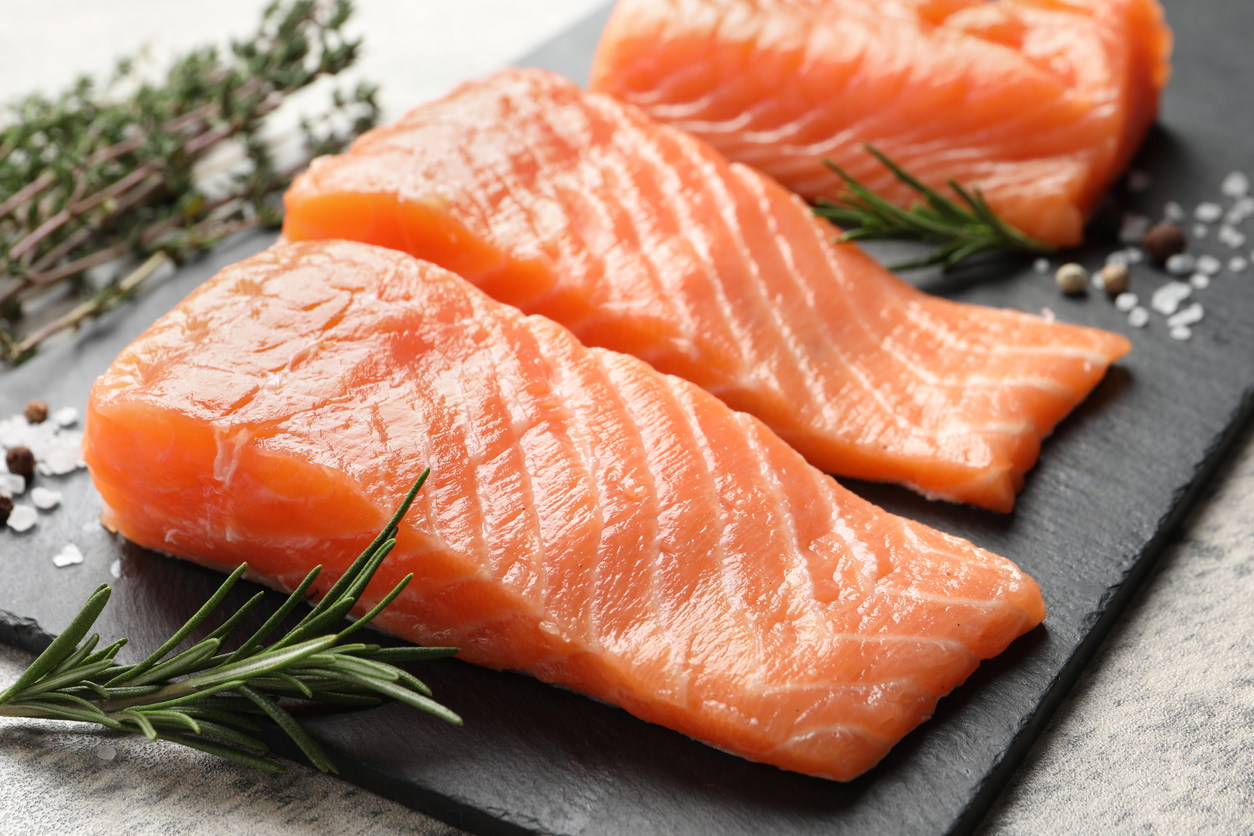The trade body representing Scotland’s salmon industry has applied to have the word “farmed” dropped from salmon packaging, prompting claims of “greenwashing”.
Salmon Scotland – formerly the Scottish Salmon Producers’ Organisation – is the organisation representing Scotland’s salmon production sector.
It has written to the Department for Environment, Food and Rural Affairs (Defra) requesting that the protected geographical indication (PGI) of “Scottish farmed salmon” is amended by removing the word “farmed”.
Salmon from Scotland – like champagne and Parma ham – receives protection under the protected geographical Indication (PGI) labelling, which means only produce from a specified region can carry the name.
If Salmon Scotland’s application is successful, fish produced by its members would be officially called “Scottish salmon”.
The trade body said its request to Defra is because “the term farmed has become redundant” and that its proposal is aimed at protecting the industry from inferior products.
All Scottish salmon on sale in supermarkets is factory farmed in cages not caught in the wild. Removing the word farmed is greenwashing of the highest order and must be resisted at all costs.
Don Staniford, director of Scamon Scotland.
Critics of the move, however, have accused Salmon Scotland of trying to “mislead” the public into thinking farmed fish is the same as wild salmon, when the former has negatively impacted the marine environment and threatened protected species such as dolphins.
Nearly all salmon produced in Scotland is farmed. It is Britain’s number one food export and sold to over 50 countries around the world, with sales worth £578m last year.
A number of UK food and drink products have PGI status under law. Drinks producers, for example, cannot refer to their product as Scotch whisky unless it has been produced in Scotland.
Salmon Scotland’s application to Defra says: “Scottish salmon is facing increased competition from imported, commoditised product, often of lower quality, and this is leading to increased risk of food fraud.
“Our supply chains work hard to mitigate the risks of food fraud and Scottish salmon, as a premium market offering is often at risk. Amending the name of this PGI will allow the Scottish salmon sector and our supply chains, regulators and enforcement to act more quickly and definitively when investigating possible food fraud cases. This amendment aims to remove potential labelling ambiguities.”
Critics of the move include John Robins, a veteran environmental campaigner who worked with Animal Concern, but is now the managing director of Ethical Promotions Ltd. He lodged an objection with Defra which has been seen by The Ferret.
Robins wrote: “Salmon farmers in Scotland have long sought to mislead the public into thinking of their product as the same as wild salmon migrating back to Scottish rivers and lochs and leaping up waterfalls to reach their traditional spawning grounds. Such scenes have often been used to promote the product and mislead consumers.”
Robins added: “Because the public are becoming more aware of the many negative aspects of salmon farming the industry wants to distance itself from their own failings by dropping the word ‘farmed’ from the description of their product. Like the use of the phrase ‘responsibly sourced’ this is a calculated and deliberate attempt to confuse and mislead shoppers.”
His views were shared by the anti-fish farm campaigner, Don Staniford, director of $camon $cotland. He said: “All Scottish salmon on sale in supermarkets is factory farmed in cages not caught in the wild. Removing the word farmed is greenwashing of the highest order and must be resisted at all costs.”
All Scottish salmon sold in supermarkets is farm-raised, so this change simply reflects what’s been happening for more than a decade.
A spokesperson for Salmon Scotland.
Ariane Burgess MSP, the Greens’ rural affairs spokesperson, said: “We all deserve to know where our food comes from and the conditions under which it was made. Farmed and wild salmon live in very different conditions, with very different environmental impacts. I would be concerned about the impact of any change in terms of allowing people to make an informed choice.”
A spokesperson for Salmon Scotland told The Ferret: “All Scottish salmon sold in supermarkets is farm-raised, so this change simply reflects what’s been happening for more than a decade. When shoppers in the UK and abroad buy Scottish salmon they know they are buying the best salmon in the world.”
Photo credit: iStock and Liudmila Chernetska














